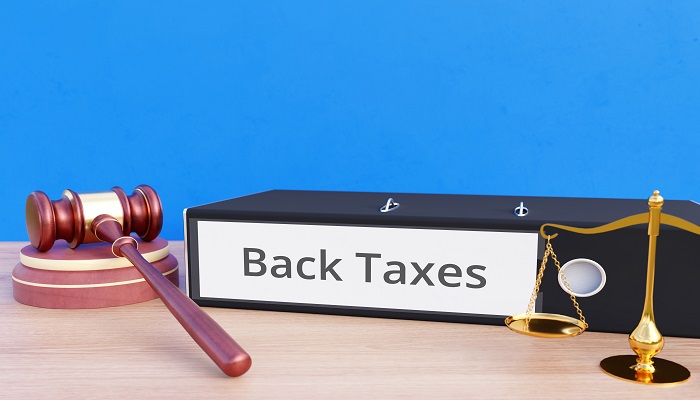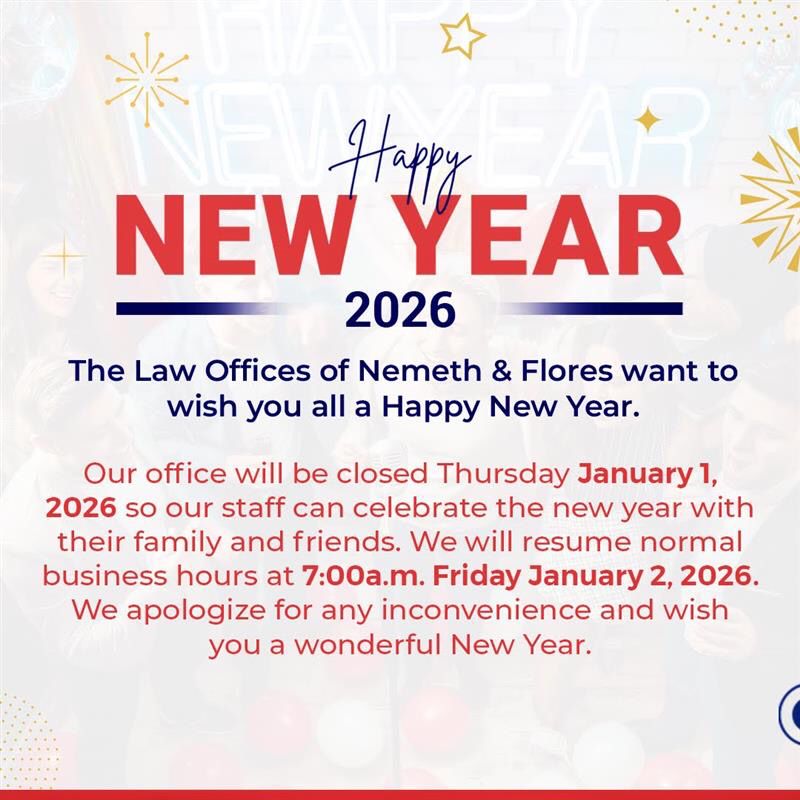
Table of Contents
Whenever you don’t pay your taxes, back taxes accumulate. Essentially back taxes are any previous taxes that haven’t been paid in time. As time passes, penalties and interest also pile on, making the overall debt grow significantly. Thankfully, those struggling with growing back tax debts have many ways to regain control over the situation. Alternatives such as the IRS Offer in Compromise, installment agreements, and penalty abatement can be great solutions depending on the specifics of your case. In today’s post, we explore each back tax resolution option to help you select the best one.
Solutions for Back Taxes
No matter how serious your back taxes problem is, getting acquainted with possible solutions is the first step to take. By learning more about your alternatives such as going for an IRS offer in compromise or installment agreement, you can better decide on the best course of action.
IRS Offer In Compromise (OIC)
If paying off your entire back tax debt is impossible at the moment, you could find relief by making an Offer In Compromise to the IRS. Through this method, you offer to pay a portion of your back taxes. In exchange, the IRS might dismiss the rest of the debt.
Related Post: Owe the IRS? Here are 5 Things You Must Remember
To get your Offer In Compromise accepted by the IRS, you need to prove that paying off the full balance of your debt would be impossible or would put you under extreme hardship. In evaluating your situation, the IRS will take a close look at your financial information. Your Offer In Compromise will be considered taking such data into account. Once your Offer In Compromise is accepted, you’ll have 2 years to pay off the agreed balance.
If you are dealing with back taxes, making an offer in compromise might be a good alternative, depending on your situation. A tax law attorney can help you determine whether this is the best option for you.
Installment Agreement Or Payment Plan
The best alternative to get rid of back taxes is speedy full payment. However, when this is not a choice, setting up a debt payment plan with the IRS is another great alternative.
To set up an installment agreement with the IRS, you’ll need to fill out Forms 9465. Depending on the amount you owe, you might need to also supply financial statements. The time span and amount of each payment will depend on your specific situation. By keeping up with your scheduled payments, you manage your debt well and reduce any penalties and interest.
Related Post: Tax Relief Options for Couples on Joint Returns
Pay Off All Your Back Taxes
If your current finances allow you to liquidate your back taxes, penalties, and interest, you should do so as soon as possible. Full and quick payment is always the best way to deal with back taxes. You need to get all your tax documents and forms ready. Afterward, complete your returns and submit the forms. A tax attorney can help you work through the entire process to prevent any unfortunate mistakes.
Last Words
If you have fallen behind on your tax payments and are dealing with back taxes, please act quickly. A tax attorney is your best ally during such a process. If you think one of these solutions could work for you, it is advisable to consult a seasoned tax lawyer for more information and the necessary help. That is when you can count on The Law Offices of Nemeth & Flores and our team of seasoned IRS tax lawyers. For a free, no-obligation consultation, simply call (972) 426-2553 or fill out our contact form and we’ll take it from there.



